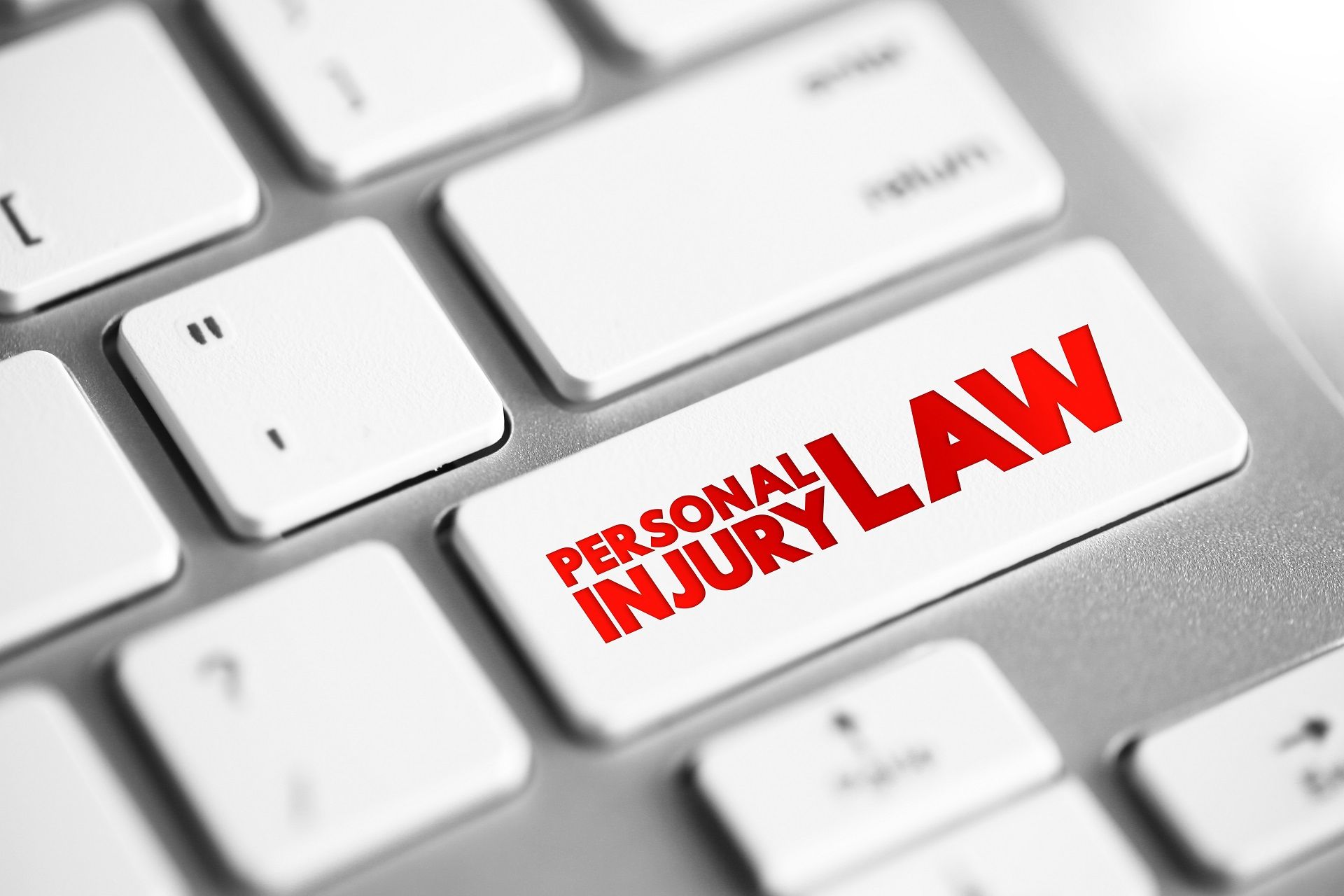The Key Elements Of Vocational Evaluation In A Personal Injury Case

A personal injury leads to extensive changes, not only to one's physical and mental well-being but also their financial stability. This is also evident in the context of lost earning capacity.
Some individuals’ injuries hinder their ability to continue their current employment, or they may only be able to do these forms of work with adjustments. In such cases, seeking compensation for the loss of earning capacity is crucial.
However, determining the right amount is complex and involves analyzing different factors, including examining pre- and post-injury earnings, job opportunities, and labor market conditions. Due to the complexity of the matter, attorneys generally enlist the aid of a vocational expert witness who can clarify all the vocational matters, including loss of earning capacity.
What Is A Vocational Expert?
A vocational expert is a professional specializing in assessing an individual's vocational abilities, employment potential, and capacity to work in the context of legal proceedings. They play a crucial role in various legal cases, including personal injury litigation, workers' compensation claims, and disability hearings.
Responsibilities of a vocational expert witness may include evaluating earning capacity, providing reports that helps judges and juries
understand vocational implications in personal injury cases, and conducting labor market analysis to identify the plaintiff’s employment opportunities.
How Vocational Experts Conduct Vocational Evaluations
Here are the main elements of an evaluation conducted by a vocational expert witness Florida:
1. Interview With The Plaintiff
A clinical interview with the plaintiff allows the vocational expert witness to observe the plaintiff and obtain any supplemental information beyond what the case documentation provides. They’ll collect demographic information, educational background, employment history, their current limitations, and so on. All of this allows the expert to receive a holistic understanding of the individual’s life circumstances.
2. Interview With The Plaintiff’s Physicians
The vocational experts must have a full understanding of the plaintiff’s physical and cognitive capacities before and after the incident. This involves learning about the clinical conditions and impairments, and more importantly their impact on functional abilities, as well as their duration and permanence.
Since they aren’t qualified to assess the plaintiff’s estate, vocational experts will use medical records in conjunction with interviews with treating physicians to determine the extent of any temporary or permanent impairments.
3. Vocational Testing
Vocational evaluators employ tests to gauge an individual's interests, abilities, and aptitudes for diagnostic purposes.
Key assessments, such as CareerScope, WRAT5, SIT-4, COPS, and K-Bit2, measure aptitudes, academic skills, intelligence, and career interests.
It's crucial to administer these tests in the plaintiff's primary language. If the plaintiff's expert has conducted tests, the defendant should secure related documents to assess their reliability, even if vocational experts retained by the defendant are not able to administer these tests directly.
4. Performing An Analysis Of Transferable Skills
When physical or cognitive impairments hinder a plaintiff from resuming their pre-injury job, the vocational evaluator must explore alternative employability options. This is facilitated through a Transferable Skills Analysis (TSA), a method enhancing the evaluator's foundation for opinions on post-injury residual employability and earning capacity.
The evaluator utilizes the US Department of Labor’s Dictionary of Occupational Titles (DOT) to pinpoint the plaintiff's previous jobs. Work activities and materials, products, and services (MPSMS) from these jobs are detailed. Vocational test results and the plaintiff's physical and cognitive limitations are input into TSA software, to accurately identify jobs the plaintiff cannot reasonably be expected to perform.
The occupations found through this software may be categorized into different levels:
- Directly transferable occupations: share work fields with the plaintiff's past work, requiring minimal learning of job duties.
- Closely transferable occupations: combine work fields, involving slight learning of job duties.
- Generally transferable occupations: share work fields and MPSMS fields in broader categories which necessitate some learning of essential job duties.
- Directly related occupations:
share work fields but may involve significant on-the-job training.
- Generally related occupations: share work fields but anticipate significant on-the-job or formal training.
A TSA identifies jobs requiring no additional formal education or training, while vocational tests gauge the potential for further education or training. The evaluator may perform the TSA with different assumed education or training levels to assess their impact on future earning capacity.
5. Labor Market Analysis
Even though the plaintiff may have the ability to perform a job doesn't guarantee it's available in their area. This is why a labor market is so important as it helps identify job opportunities within a reasonable geographic distinct of the plaintiff’s residence (30 miles in urban and 50 driving miles in rural areas).
The vocational expert witness Florida conducts the labor market survey based on online job listings from placement services and individual companies. It may involve additional inquiries via telephone to gather information on wages, benefits, or specific job duties.
The survey results establish the presence of jobs identified by the TSA that the plaintiff can perform, along with details on wages and benefits associated with those jobs.
6. Compiling A Vocational Evaluation Report
Using the information above, the vocational expert can generate an expert report on the individual's pre-injury and post-injury earning capacity. It may feature a rehabilitation plan aimed at optimizing post-injury earning potential.
Vocational report can also encompass educational or training needs, assistive devices, and modifications to the home or vehicle. Specific job accommodations required by the plaintiff may also be highlighted. The vocational report serves as a foundation for economists, providing a reasonable basis for calculations and opinions on lost earnings and the diminished earning capacity resulting from the injury under litigation.
Do You Need A Vocational Expert Witness?
Evaluating your earning capacity can bolster your personal injury case, potentially leading to a more substantial financial settlement. Especially when every penny matters for your recovery and rebuilding efforts after a catastrophic event, having a vocational expert witness on your side is imperative for
securing a better quality of life in the future.
While your attorney likely collaborates with various vocational experts, you have a say in who you hire. If you want to work with the best, go for
OAS. We have a proven track record of assisting plaintiffs across the United States in achieving greater monetary rewards in their cases, and we can provide the same assistance to you.
Fill out
our contact form or call
800-292-1919. Your path to a more favorable outcome starts here.
Note:
The information in this blog post is for reference only and not legal advice. As such, you should not make legal decisions based on the information in this blog post. Moreover, there is no lawyer-client relationship resulting from this blog post, nor should any such relationship be implied. If you need legal counsel, please consult a lawyer licensed to practice in your jurisdiction.
RECENT POSTS
CONTACT US
We will get back to you as soon as possible.
Please try again later.
Evaluation Request
Contact Us
We will get back to you as soon as possible.
Please try again later.
Contact
Contact Us
We will get back to you as soon as possible.
Please try again later.
All Rights Reserved.
This website is managed by Oamii.







